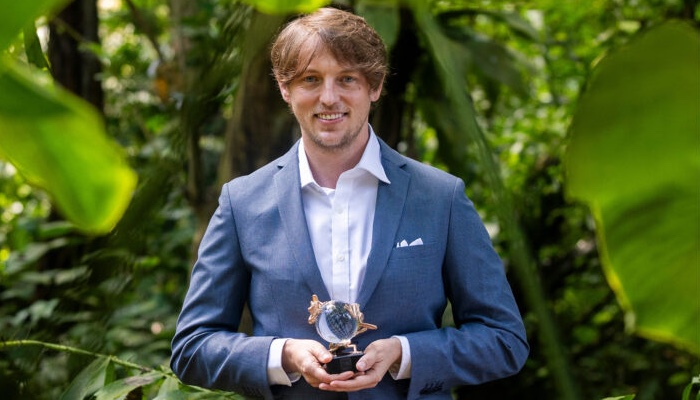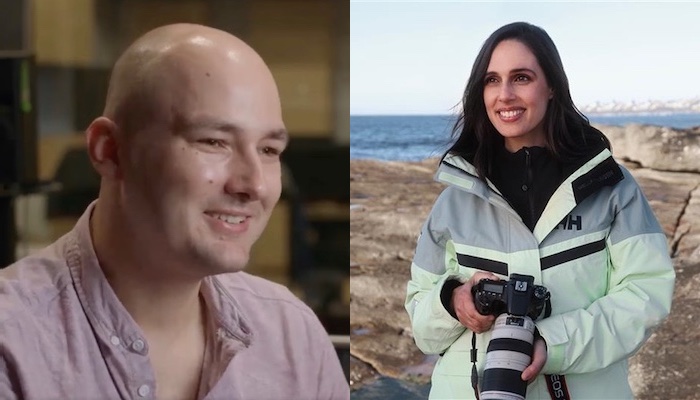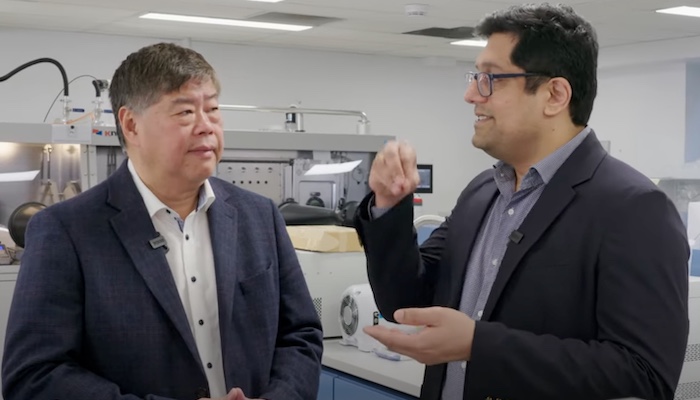The results show more than 90 per cent of Macquarie’s impact case studies, submitted for assessment by the Australian Research Council, have made a significant contribution beyond academia.
Further, 100 per cent of Macquarie’s research is characterised by effective or highly effective interactions between researchers and research end-users outside of academia.
Macquarie’s case studies achieved a ‘high’ rating (the highest possible rating), in diverse areas such as: philosophy, psychology, agricultural and veterinary sciences, biomedical and clinical sciences, Indigenous studies, earth sciences, public and allied health sciences and education.
The richness of Macquarie’s impact in areas of bioinnovation is demonstrated by highly rated case studies on subjects ranging from surgical innovation to the provision of academic clinical care in a patient focussed setting, and from biodiversity in South East Arnhem land to oyster breeding. The University engages with bioinnovation end-users, including patients, clinicians, government, farmers, and not-for-profit organisations, in areas such as synthetic biology, biosecurity, bioethics and e-health.
Deputy Vice-Chancellor (Research), Professor Sakkie Pretorius said the results illustrate that Macquarie is a university of engagement across industry, community and government partners.
“We are very pleased with our engagement and impact assessment ratings, which reflect our expertise and commitment across a range of discipline areas. We continue to accelerate our research engagement activities to ensure our research has world-changing impact.”
A selection of Macquarie’s highly rated case studies are below:
Philosophy
Surgical innovation is an essential part of modern healthcare. New techniques, such as robotic and laparoscopic surgery, and new devices, such as joint replacements and blood vessel grafts, have improved the health of millions. But surgical research and innovation can be risky for patients, some of whom have been harmed by their surgeons ‘trying something new’.
Macquarie’s research in this area has had local, national and international impact on support for safer surgical research and innovation. Macquarie’s research has been included in professional guidance by the Royal College of Surgeons of England, led to changes in international guidance on evaluating surgical innovations, informed revisions to Australian research ethics guidelines, and influenced local health district practice.
Psychology and Cognitive Sciences
The Cool Kids suite of programs, developed by researchers at Macquarie, have improved the mental health of thousands of children in Australia and across the world. These programs arose from our researchers’ vision to build an emotionally healthy community through science and practice. Translating scientific evidence into applied materials to change the way clinicians treat youth with anxiety disorders, Cool Kids has also pioneered treatment services for youth in remote areas and is now accessed across the world. The Cool Kids suite operates at the interface of research and practice, directly translating research into benefits for children, parents, clinicians, schools and teachers. Children that go through the programs show positive mental health outcomes and improved quality of life with reduced rates of anxiety and depression that are sustained.
Agricultural and Veterinary Sciences
In the early 2000s the Sydney rock oyster industry was at risk of being wiped out by disease. Today, the industry has not only survived but grown and diversified. Macquarie University, working with oyster farmers and the NSW DPI, has played a significant role in discovering how QX disease causes mass collapse and in improving selective breeding for disease resistance. Macquarie has also provided research-informed advice on the diversification of the NSW industry to include cultivation of Pacific oysters in NSW estuaries.
During the period 2011–16, total revenue derived from oyster sales had risen from $38 million to $44 million. This incorporates an increasing segment of Pacific oysters, almost $5 million, demonstrating the impact of Macquarie’s diversification advice.
Biomedical and Clinical Sciences
Macquarie Neurology and the MND Service at Macquarie University runs the largest specialist clinic for patients with Motor Neuron Disease (MND). The co-location of academic clinical services with Australia’s largest concentration of MND researchers provides patients with bespoke, patient-focused care. This supports a translational research platform that has made important discoveries of genetic origins of familial MND, which has enabled delivery of MND pre-implantation IVF services to give birth to babies free of MND in Australia. Our genetic discoveries have also been incorporated into standard practice diagnostic genetic testing of MND patients that are used worldwide.
Indigenous
Macquarie, in collaboration with the remote community of Ngukurr in South East Arnhem Land, has integrated regional biodiversity data through a two-way relationship with the Atlas of Living Australia. Indigenous knowledge of regional biodiversity has realised cross-cultural impacts on ways of knowing and managing biodiversity.
Macquarie employed more than 50 people from Ngukurr who were previously unemployed, and in 2016 established Yangbala, a youth empowerment project which continues today. Fifty young people aged 18–35 were paid to work on the project while mentoring senior schoolchildren. Three young people have gone on to study at Macquarie and they are the first people from Ngukurr community to attend university in more than 30 years.
Earth Sciences
BHP Billiton, Rio Tinto, Vale, and many other companies use TerraneChron® to help them discover new mineral deposits. The technique, invented and commercialised by Macquarie University, analyses grains of zircon collected from streams and riverbeds as a reconnaissance tool to rapidly identify rock systems of potential economic interest, without the time and expense of traditional mapping.
TerraneChron has contributed to the discovery of mineral deposits worth many billions of dollars in Australia and around the world. It has been adopted by government survey organisations in Australia, Norway, Brazil, Argentina and other countries and is a key tool for UNCOVER Australia, a national collaboration launched in 2013. It has also transformed basic geological research.
Public and Allied Health Sciences
Macquarie consults globally on e-health risks to patient safety and confidential reports written by Macquarie inform policy changes in Australia, North America and the European Union. Macquarie works with the Institute of Medicine (IOM) and the Emergency Care Research Institute (ECRI) in the USA, the National Health Service (NHS) in the UK and the Australian Digital Health Agency and Commission for Safety and Quality in Health Care.
Education
Macquarie’s research on teaching and assessing children’s mathematics development has fundamentally changed how mathematics teaching and learning is approached in Australia, including in Indigenous communities. This has transformed mathematics learning and teaching worldwide, significantly impacting professional practice and family involvement in children’s education. The translation of Macquarie’s research into the classroom has resulted in significant mathematical learning gains for pre- and primary school children. Curriculum developers, teachers, educators, pre-service teacher education students, families and children have all benefited from the mathematics teaching programs and assessment tools developed at Macquarie.
EI 2018 is an initiative under the Australian Government’s National Innovation and Science Agenda. For the first time it gives Government, universities, research end-users, and the broader public a detailed understanding of how Australia’s universities and their researchers are collaborating with industry, government, communities and the not-for-profit sector. It also represents a national mechanism for understanding how universities are translating their research into economic, environmental, social, cultural and other benefits.



